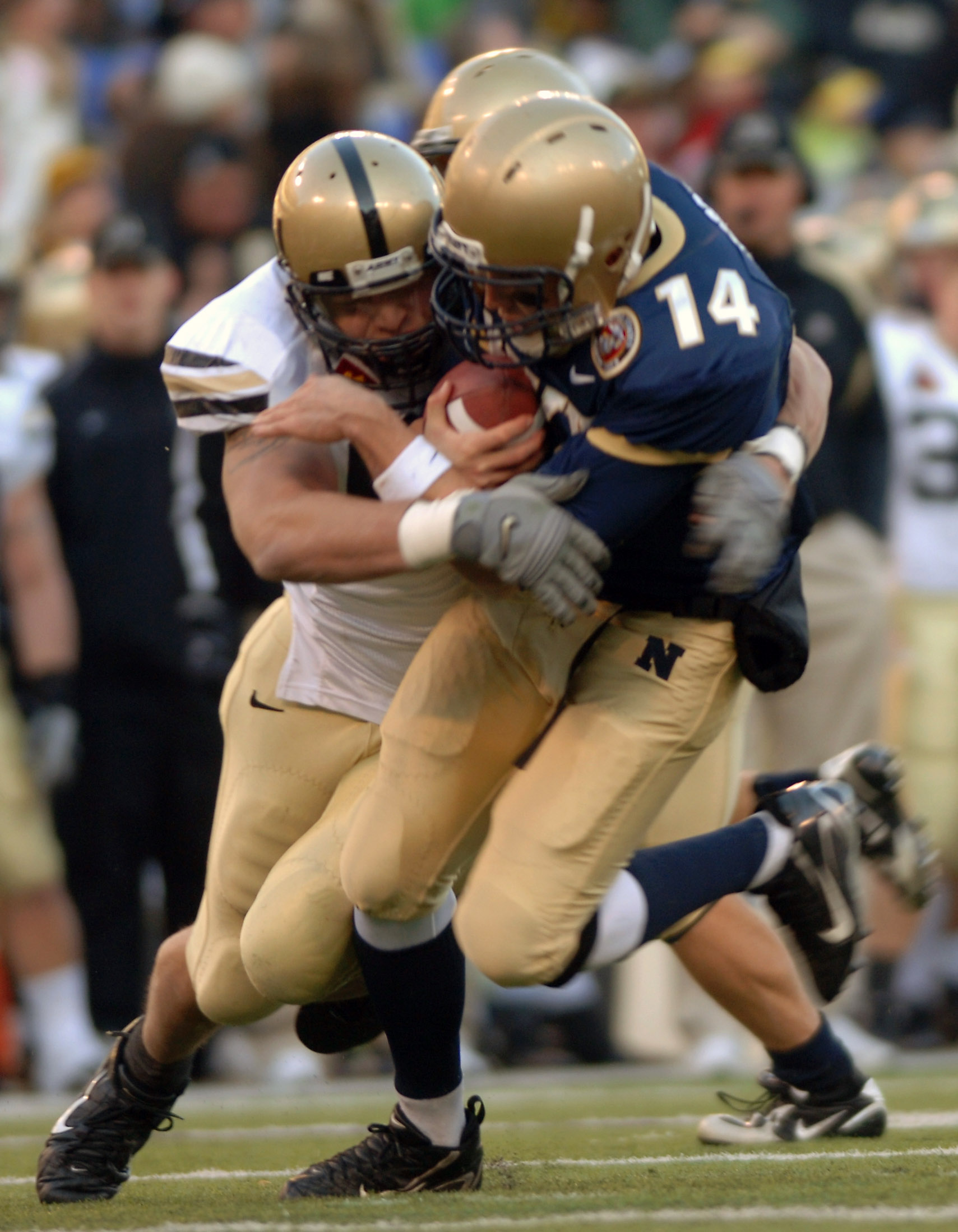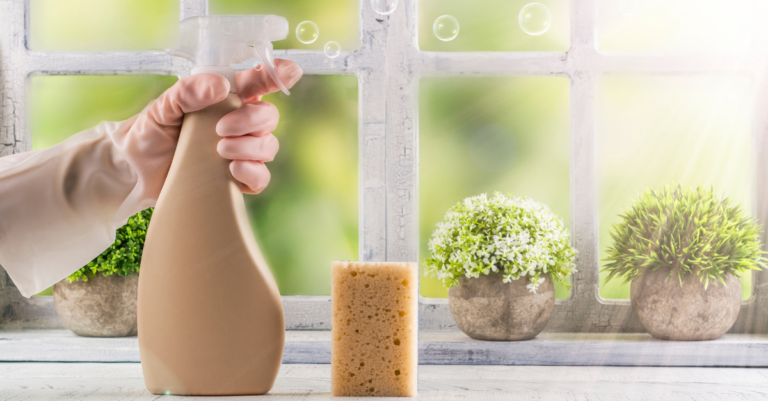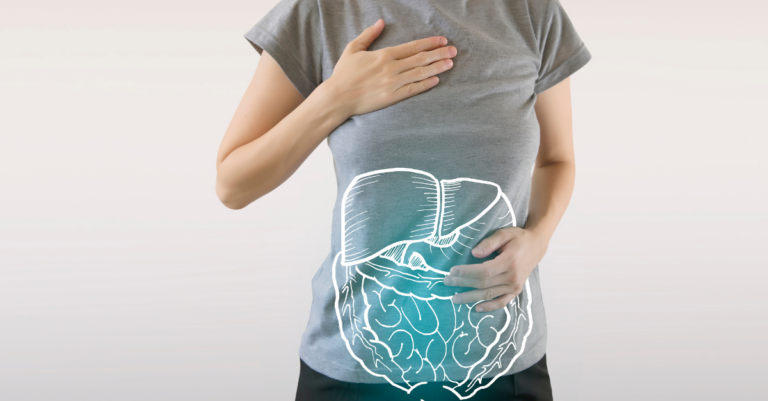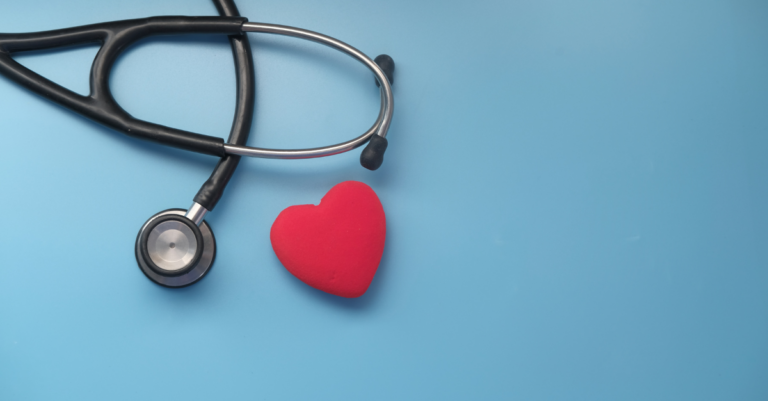Whether it’s a summer activity or an upcoming fall or spring sport (football, field hockey, and rugby, anyone?) the risk of a head injury or concussion is never far away. Whether it’s a summer activity or an upcoming fall or spring sport (football, field hockey, and rugby, anyone?) the risk of a head injury or concussion is never far away. It happens, right? I’ve certainly knocked my head too hard, and with my medical training knew exactly what to call the daze it put me in: a concussion. Compelling evidence is showing just how damaging even a seemingly small knock can be. Where once losing consciousness was a marker of seriousness, we now know that the impact alone (and symptoms aside) is enough for action to be taken and an assessment made. Luckily coaches are taking note and more care is being taken at the bench, with stricter rules on returning to play after an incident occurs. This is a huge and fantastic step forward – however it is only one part of the solution, and there are more powerful things that can be done to get brain function back, prevent the severity of a traumatic head injury, and also minimize long-term repercussions. Read on to see how your family can be protected. First and foremost, recognize the incident! The medical word for a concussion is a traumatic brain injury (TBI). It can occur from any amount of impact of the brain against the skull, even if it didn’t seem like a hard knock or even a fall. It can be any jolt to the head or a hit to the body that causes the head (and brain) to move rapidly back and forth. The symptoms are then caused by the impact, which results in stretching and damage to the brain cells, which actually creates chemical changes in the brain. These changes have been shown to contribute to brain cell and neuron death, edema, and glucose metabolism disruptions. Concussion Signs to watch for:
Whether it’s a summer activity or an upcoming fall or spring sport (football, field hockey, and rugby, anyone?) the risk of a head injury or concussion is never far away. It happens, right? I’ve certainly knocked my head too hard, and with my medical training knew exactly what to call the daze it put me in: a concussion. Compelling evidence is showing just how damaging even a seemingly small knock can be. Where once losing consciousness was a marker of seriousness, we now know that the impact alone (and symptoms aside) is enough for action to be taken and an assessment made. Luckily coaches are taking note and more care is being taken at the bench, with stricter rules on returning to play after an incident occurs. This is a huge and fantastic step forward – however it is only one part of the solution, and there are more powerful things that can be done to get brain function back, prevent the severity of a traumatic head injury, and also minimize long-term repercussions. Read on to see how your family can be protected. First and foremost, recognize the incident! The medical word for a concussion is a traumatic brain injury (TBI). It can occur from any amount of impact of the brain against the skull, even if it didn’t seem like a hard knock or even a fall. It can be any jolt to the head or a hit to the body that causes the head (and brain) to move rapidly back and forth. The symptoms are then caused by the impact, which results in stretching and damage to the brain cells, which actually creates chemical changes in the brain. These changes have been shown to contribute to brain cell and neuron death, edema, and glucose metabolism disruptions. Concussion Signs to watch for:
- Can’t recall events prior to or after a hit or fall.
- Appears dazed or stunned.
- Forgets an instruction, is confused about an assignment or position, or is
- unsure of the game, score, or opponent.
- Moves clumsily.
- Answers questions slowly.
- Loses consciousness (even briefly).
- Shows mood, behavior, or personality changes.
Concussion Symptoms to ask about:
- Headache or “pressure” in head.
- Nausea or vomiting.
- Balance problems or dizziness, or double or blurry vision.
- Bothered by light or noise.
- Feeling sluggish, hazy, foggy, or groggy.
- Confusion, or concentration or memory problems.
- Just not “feeling right,” or “feeling down”.
(from the CDC http://www.cdc.gov/headsup/basics/concussion_symptoms.html) Should an impact occur or any of these symptoms noted, please get evaluated by a medical professional! This list is not diagnostic. Post-Concussion Care: First of all, REST! The duration depends on the severity of the TBI and the symptoms, so work together with your health care provider on that one and respect the diagnosis. Rest usually means a break from certain activities (especially physical ones), but also screens, reading, math problems, etc. Even though symptoms may diminish within days or weeks, the brain takes longer to heal and can still benefit from some degree of rest after the fact. Allowing for proper healing at the time of the incident is your greatest ally in avoiding post-concussion syndrome – symptoms that return or linger more than 3 months after the incident. It occurs in 10-20% of people, and I’d like to see that number lower. Additional Support: Powerful naturopathic allies include anti-inflammatories and nutrients to counteract the hormonal cascade response to injury by the brain cells. These approaches are the most beneficial treatments (after rest): IV Nutrients and IV Glutathione deliver key nutrients to the brain in the fastest way possible. In a brain injury, neuron function is disrupted and the nutrients being used and required for repair increase. The key nutrients at stake are glutathione, zinc, magnesium, and a few others. Getting them intravenously are the most highly effective treatments for a TBI at any point in time, and I have seen healing occur faster than with oral supplementation. Omega 3 fatty acids are a critical component of brain cell structure and the function of neurons. Omega 3 supplementation for several weeks post TBI has been shown to improve short and long term cognitive deficits, and improved cognitive function. It can also improve blood flow, which is generally a good thing but you must rule out internal hemorrhaging before using this blood thinner. (The same caution applies for aspirin and other NSAIDs.) Curcumin is an incredibly effective and well-studied anti-inflammatory agent. It decreases inflammation caused by impact, but it also has a special role in the brain protecting the hippocampus against learning impairments. Curcumin also has a special role in recuperating the edema that occurs as mentioned. Acupuncture is probably my favourite treatment tool for a wide variety of concerns and continually gets results. In the context of a TBI, it works to normalize hormones and blood flow, and decrease pain, headaches, and muscle tightness symptoms. GPC injections have been well studied to normalize cerebral blood flow, improve brain bioelectrical activity, and improve cognitive function – in fact a lot of research is also being done on stroke recovery and dementia (both vascular and Alzheimer’s types) with positive results. GPC stands for glycerophosphocholine, and is another component of neurons. Usually we do them once a week for the first 4-6 weeks and then re-assess. The Second (Third, Fourth…) Impact is Worse: Disrupted neuron function from an initial concussion make the brain much more susceptible to a second impact. This makes initial recovery so much more important. All of the above treatments and nutrients are important in their various mechanisms of action. Preventing and Minimizing Severity: Creatine has a role in minimizing the severity of brain injury before it even occurs. It is a compound made of amino acids that helps distribute energy to various cells in the body, especially muscles. In the brain, adequate energy in the cells is needed to maintain neuron structure and function, both of which are at stake in a TBI. Creatine has an effect on hormone cascades in the brain (via neurotransmitters). It furthermore has neuroprotective effects against Alzheimer’s, Parkinson’s, and ALS. Using neuroprotective compounds during a sports season, ahead of an injury (whether initial or subsequent,) can also work to minimize effects from further impacts. Polyphenols also have neuroprotective effects. They are nature’s antioxidants – think berries and colourful foods. As with each of these recommendations, the ways that they should be taken are not one-size-fits all. Differences in quantity, frequency, duration, and quality are all things that should be addressed for each individual. Furthermore, testing for various markers of body and brain function can ensure that we are targeting the right areas that will help you make a full and healthy recovery. Make your actions count with informed health decisions – ask for help! Sources: http://www.ncbi.nlm.nih.gov/pmc/articles/PMC3205506/ http://ndnr.com/neurology/traumatic-brain-injury-impact-assessment-management-of-concussion-mtbi/ http://www.cdc.gov/headsup/basics/concussion_symptoms.html


